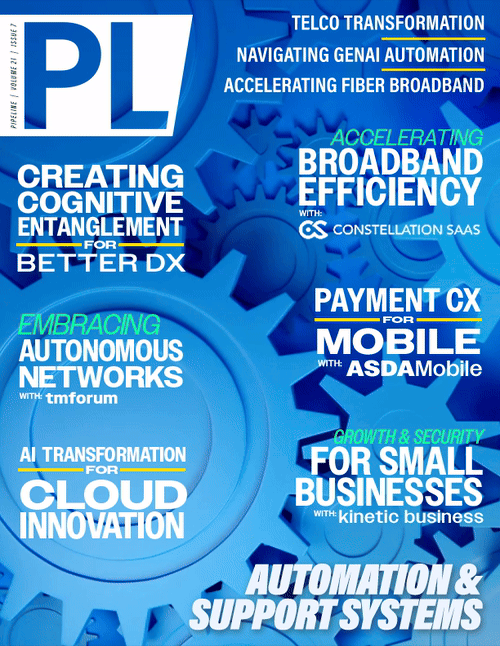Harnessing AI for Digital Transformation
and Cloud Innovation
AI also plays a crucial role in backup and disaster recovery. By analyzing usage patterns, AI can predict which files are most critical and ensure they are backed up in real time. In the event of data loss or device failure, AI-driven recovery systems can restore files efficiently while minimizing downtime. This proactive approach to data protection enhances reliability and ensures seamless digital experiences for consumers and businesses alike.
Key Benefits of AI in Cloud Computing
AI organizes, categorizes, and retrieves data efficiently, improving accessibility and security. AI-driven recommendation engines tailor storage solutions to individual user needs, enhancing customer satisfaction. AI enhances media files, such as photos and videos, through automated enhancements like color correction and object recognition. It dynamically scales cloud resources based on real-time demand, reducing costs and improving performance. AI ensures regulatory compliance by analyzing cloud environments for potential risks and vulnerabilities. Smart backup and disaster recovery strategies predict system failures and optimize data protection, minimizing downtime. AI simplifies the orchestration of cloud resources across multiple providers, enhancing flexibility and cost savings.
Challenges and Considerations for AI Adoption
While AI presents immense potential, businesses must address key challenges to ensure successful implementation. Poorly trained AI models can introduce security vulnerabilities, necessitating stringent governance policies. Overreliance on AI-generated code can lead to challenges, requiring human oversight. Ethical considerations, such as data bias and fairness, must be accounted for to ensure responsible AI deployment. AI models must be trained on diverse datasets to avoid biased outcomes that could negatively impact business operations.
Organizations must also ensure that AI-driven tools integrate seamlessly with existing IT infrastructure to maximize benefits. Additionally, the cost of implementing AI-powered transformation requires investment in new technologies, talent acquisition, and continuous optimization. Businesses need clear AI governance policies to mitigate risks and ensure accountability in AI-driven decision-making.
Strategic AI Integration for Digital Growth
To harness AI’s full potential, organizations should take a structured approach. First, they must define clear AI strategies by establishing objectives and guidelines for AI adoption. Investing in talent and training is crucial to upskilling teams and effectively leveraging AI-driven tools. Pilot AI initiatives should be tested in controlled environments before scaling across operations. Continuous monitoring and optimization of AI models are essential to maintain accuracy and efficiency. Cross-departmental collaboration between IT, security, and business teams maximizes AI’s impact. Businesses should leverage AI-powered insights to stay ahead of industry shifts and implement AI ethics frameworks to ensure responsible AI use, minimizing unintended consequences.
The Future of AI-Driven Digital Transformation
AI is redefining the way businesses innovate, secure, and optimize their digital ecosystems. As AI-powered cloud services and intelligent development tools continue to evolve, organizations that embrace these technologies will gain a competitive edge. The rapid advancement of AI will further enable hyper-automation across business functions, reducing human intervention in routine tasks. AI-augmented decision-making will empower executives with data-driven insights, improving strategic planning and business outcomes. Cloud providers will expand AI-as-a-Service (AIaaS), offering specialized AI services that businesses can integrate with minimal effort. AI-driven tools will enhance team collaboration, streamlining workflows across distributed workforces. Businesses will deliver highly customized experiences using AI-driven predictive analytics and recommendation engines.
By integrating AI strategically, businesses can accelerate digital transformation, enhance security, and deliver unparalleled user experiences—paving the way for a smarter, more efficient digital future. Organizations that leverage AI to optimize cloud computing, enhance software development, and strengthen cybersecurity will be well-positioned to thrive in an increasingly data-driven world.



















